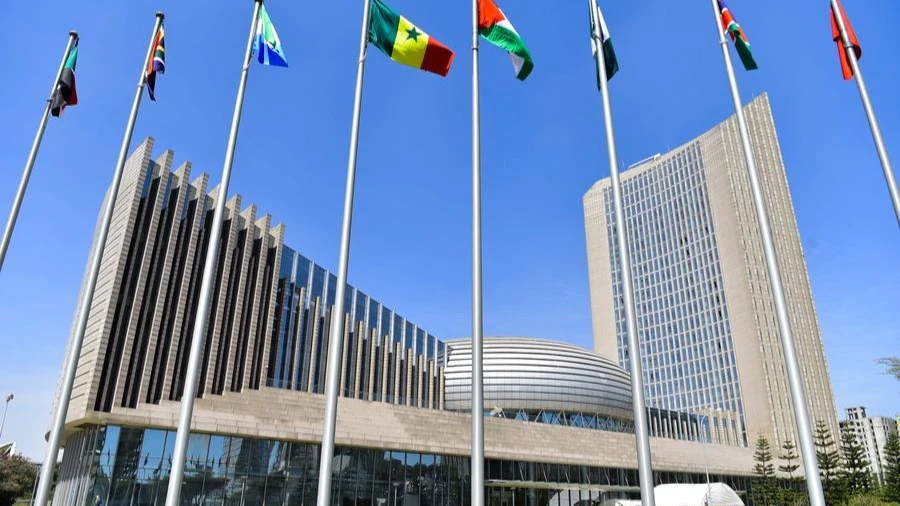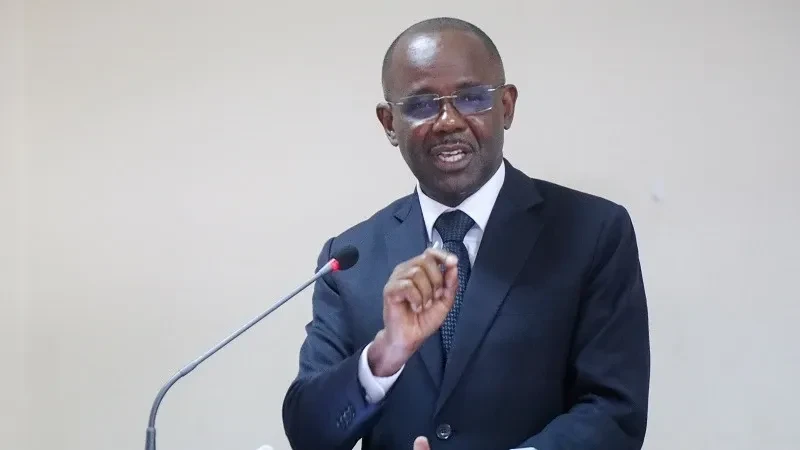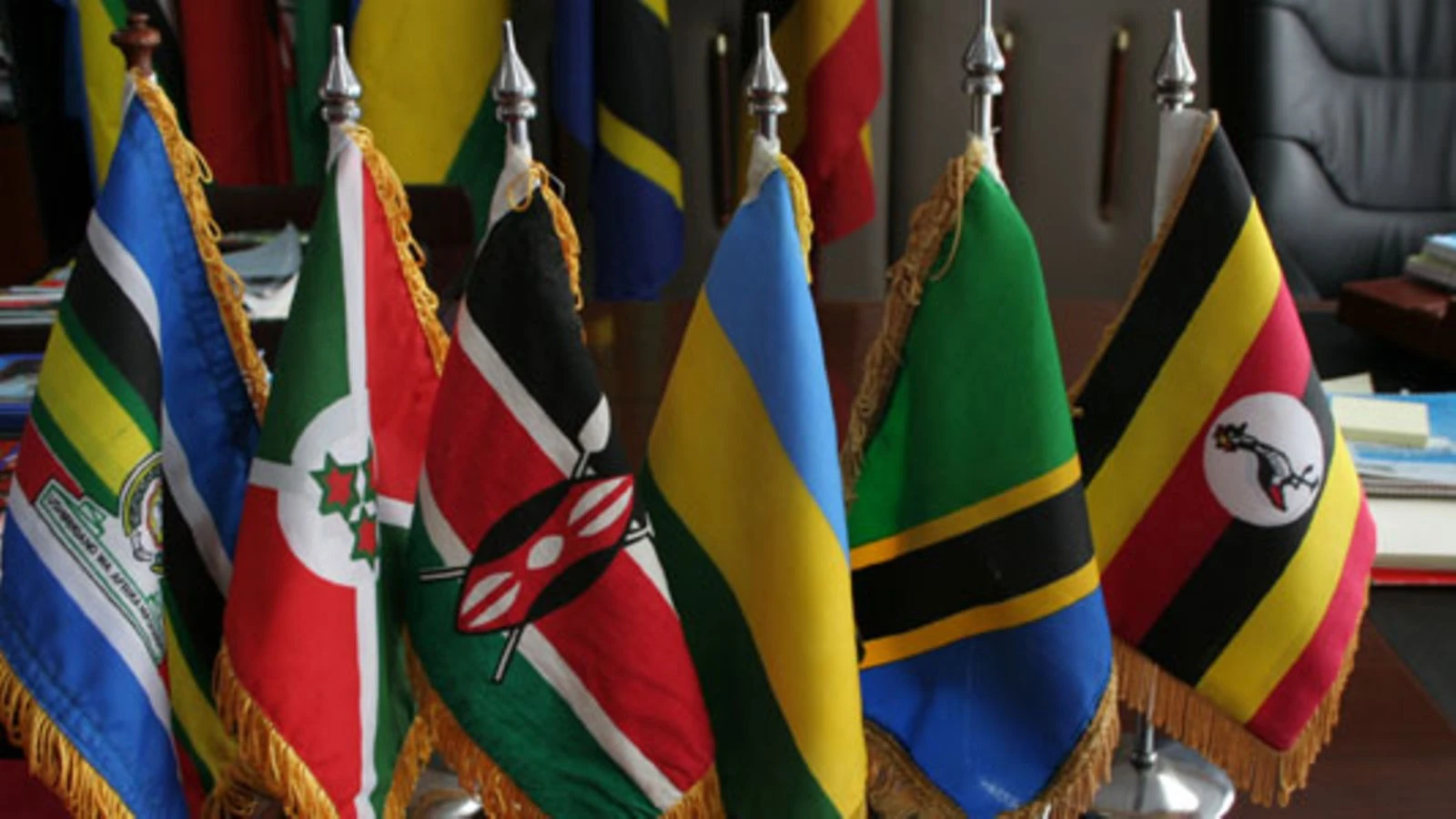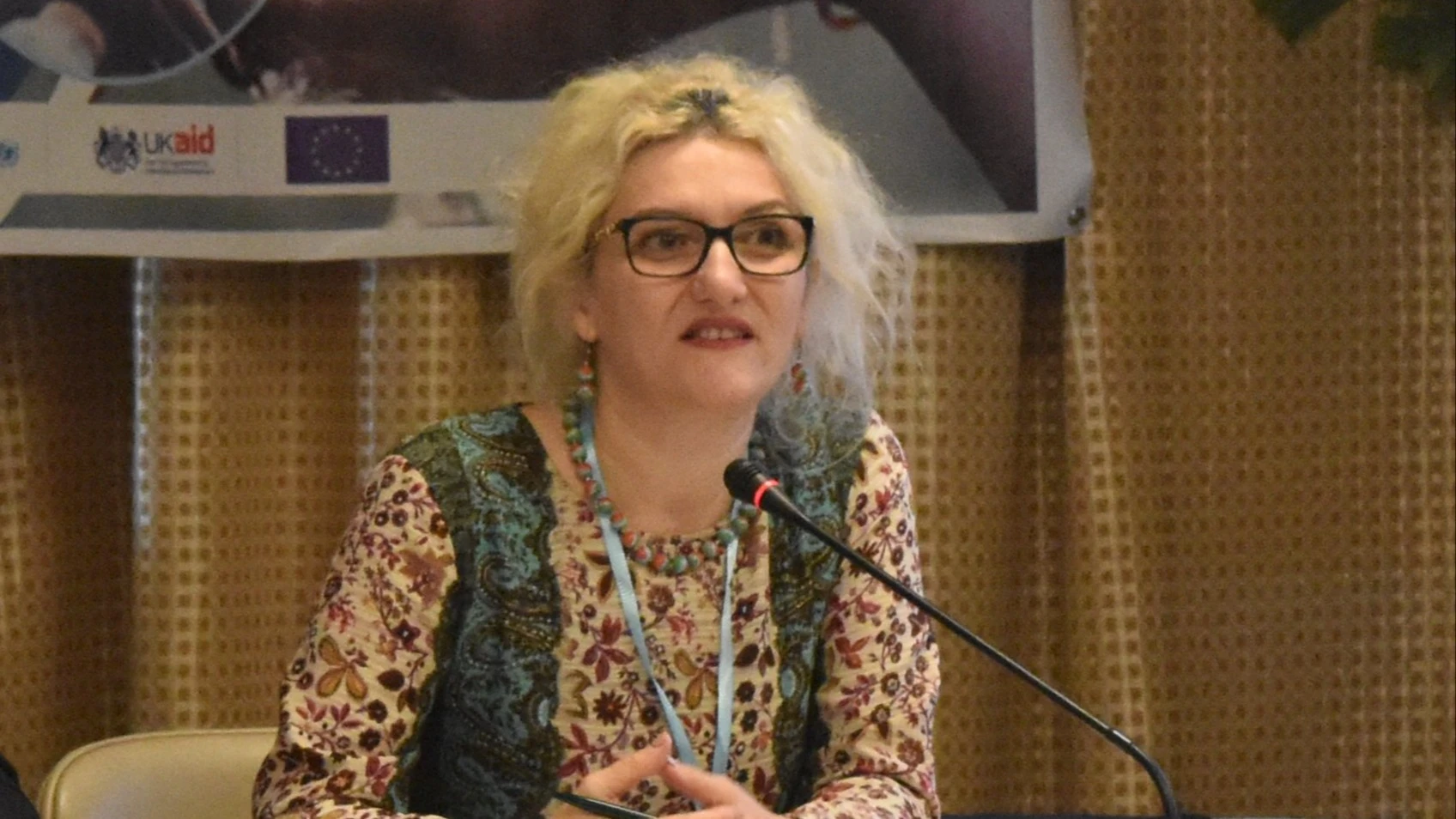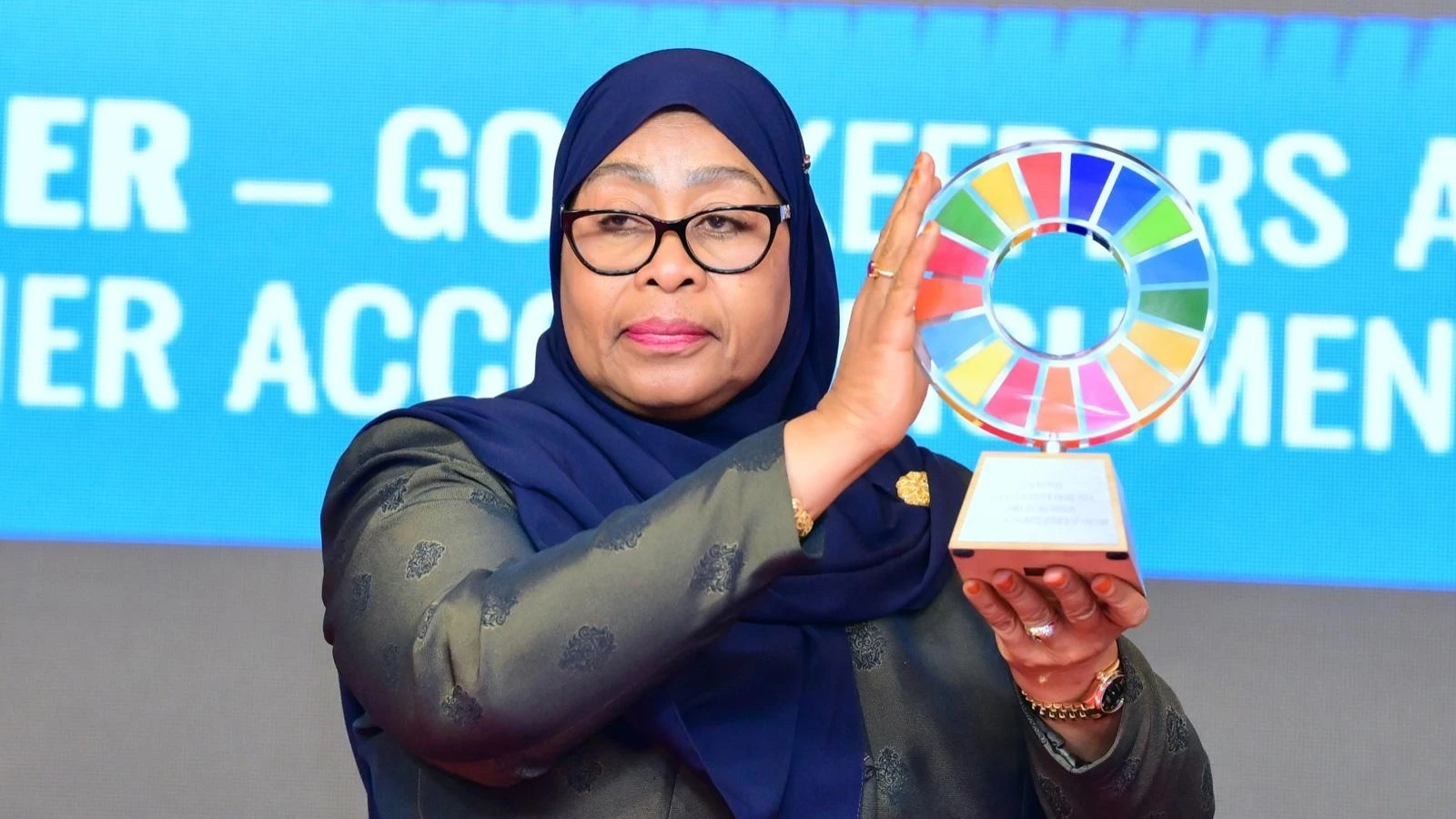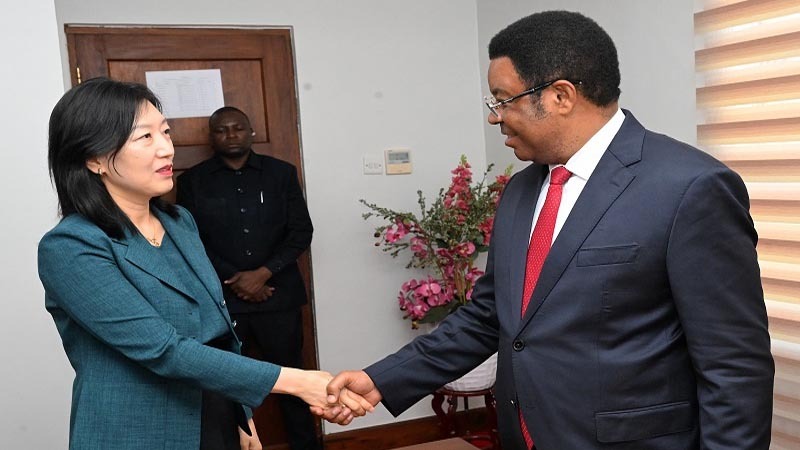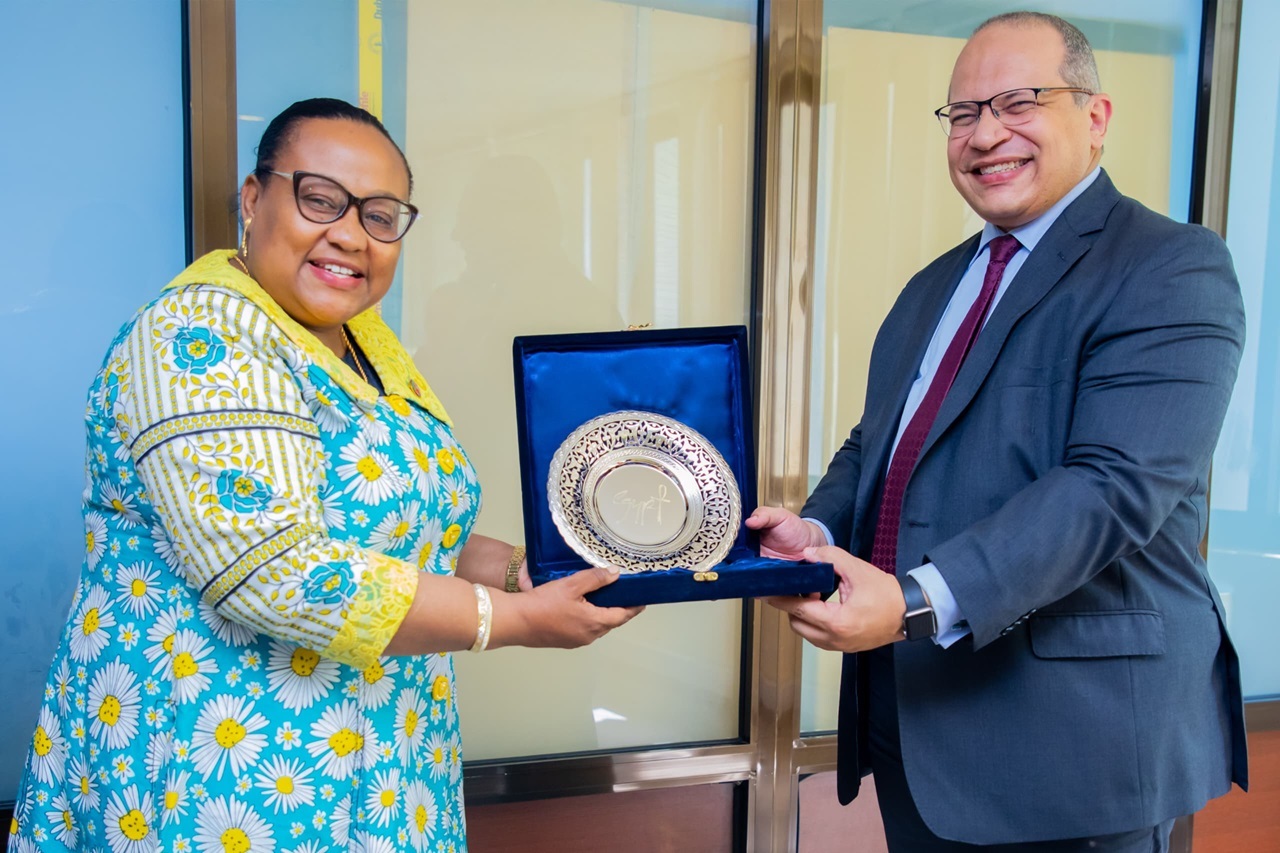WB extends EASTRIP project till Dec 2026
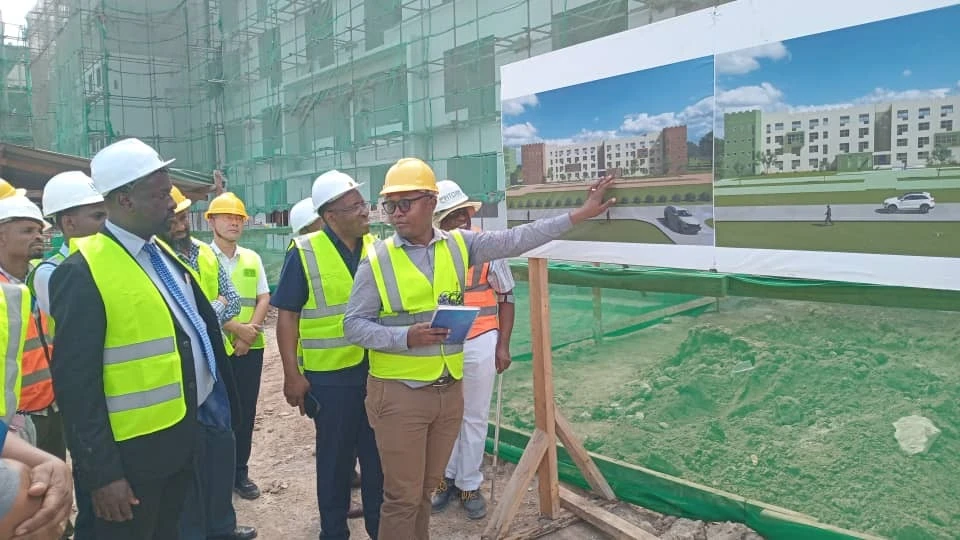
THE government has announced the extension of the five-year Eastern Africa Skills for Transformation and Regional Integration Project (EASTRIP), funded by the World Bank, now planned to run until December 2026.
The EASTRIP’s five-year US$293 million project which was approved in October 2018, kicked off in 2019 to December 2024 aiming to address critical skills shortage in growing sectors including agriculture, energy, ICT, manufacturing, and transport in Tanzania, Ethiopia, and Kenya and to promote regional integration.
“The World Bank has set another date for the expiring of the EASTRIP project which was to be completed in December this year, and now the project will be ended in December 2026,” Ministry of Education, Science and Technology’s Permanent Secretary, Prof Carolyne Nombo said on Thursday at NIT premises in Dar es Salaam while chairing National Steering Committee (NSC) for EASTRIP project.
Prof Nombo has further said that the project extension will give room for the NIT, DIT and ATC to finalize the project.
Speaking after visiting NIT Premises and observing the implementation of the EASTRIP project including the ongoing construction projects as well as the hi-tech-teaching equipment for aviation students, Ministry of Education, Science and Technology’s official in-charge of the EASTRIP project in the country Dr Fredrick Salukele said the project will greatly help to produce enough professionals in the transport sector.
He further said that the government’s strategic projects are being implemented and the state expects to see local experts trained by institutions such as NIT.
However, the EASTRIP project aims at strengthening Technical and Vocational Education Training (TVET) Institutions by establishing Regional Flagship TVET Institutions (RFTIs) focusing on either ICT, Transport, Manufacturing, Agro-processing or Renewable Energy. EASTRIP is implemented in three countries; Tanzania, Kenya and Ethiopia, with a total of 16 RFTIs selected among the three countries.
In Tanzania, NIT is one among the beneficiaries of the project focusing on air transport and transport operations in general by establishing a Center of Excellence in Aviation and Transport Operations (CoEATO) other beneficiaries including Dar es Salaam Institute of Technology (DIT) and Arusha Technical College (ATC).
According to the 2015 World Bank Enterprise Surveys, over 25 percent of the formal firms surveyed in Sub-Saharan Africa identify an inadequately educated workforce as a major constraint, and over 29 percent of all production workers are rated unskilled workers by these firms. Shortage of specialized technical and vocational education and training (TVET) skills is particularly acute in transport, energy, manufacturing, including agro-processing, and ICT, and this could slow the industrialization agenda.
A careful mapping of skills needs assessment for the EASTRIP sectors provides concrete statistics that show severe skills shortage. Moreover, TVET institutions have no systematic approaches to engage industry to understand and translate market demands into curricula.
TVET is gaining momentum in the developing and developed world as a policy priority to increase labor productivity and enable economic transformation.
According to the 2018 World Bank’s world development report titled ‘Learning’, TVET can yield wages on par with equivalent levels of general education.
TVET is a powerful engine of economic restructuring and transformation as amply demonstrated in the Republic of Korea, Singapore, and China, countries where TVET has been explicitly used as an instrument and channel for technology transfer and skills upgrading of workers. TVET is also associated with promoting social inclusiveness and poverty alleviation as it tends to attract students from lower socioeconomic backgrounds who have lower probabilities of reaching higher education.
EASTRIP brings a regional approach to developing the specialized TVET skills by creating a small cluster of regional TVET Centers of Excellence. Each center specializes in specific sectors and occupations with niche programs in highly specialized TVET diploma and degree programs, as well as industry recognized short-term courses.
Mobility of students, graduates, and faculty has also facilitated a healthy exchange of skilled labor within the region so that each country does not have to produce all the skills at once. The sharing of standards, curriculum, and training facilities will help reduce costs for each center. At the same time, demonstrations help inform and guide the broader array of national TVET reforms in these countries. The regional TVET Centers of Excellence can serve the labor needs of major regional infrastructure projects.
Top Headlines
© 2025 IPPMEDIA.COM. ALL RIGHTS RESERVED












